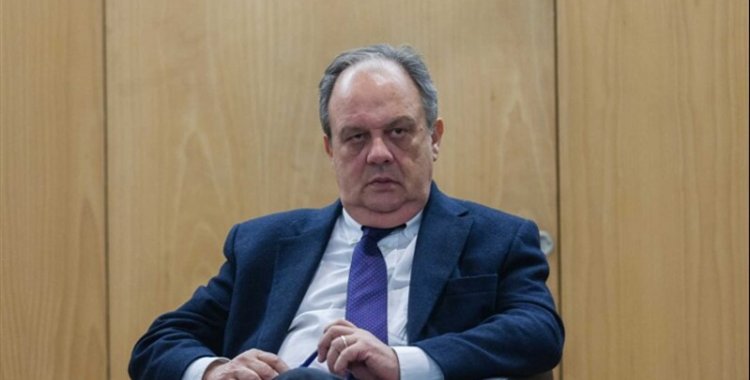"There needs to be a great peaceful popular movement to prevent, once again, kleptocratic power - the power of thievery, one of the biggest I know in the world, which is Angola, unfortunately - from making an electoral swindle again" , said João Soares in an interview with Lusa, 20 years after the death of Jonas Savimbi, founder of the Union for the Total Independence of Angola (UNITA), considered the biggest opposition party in the country.
Stressing that, until today, "there were no democratic elections in Angola", considered as such in the light of international standards as "free and fair", the son of PS founder Mário Soares and former Portuguese Minister of Culture, also recalled that " there has never been a televised debate, not even a journalistic one, between the presidential candidates" in that country.
Therefore, 20 years after Savimbi's death, on February 22, 2002, which led to the end of the country's civil war, "the fundamental issue in Angola is that the [electoral] process is all flawed from the beginning, (...), since the time of the one-party regime, and with the support of a company (...), which is the one who makes the electoral rolls, prints the votes, etc".
"When there are no electoral rolls prepared in a serious way, there can be no free elections, when there is not the least amount of control over the campaign means of each of the political forces present in the electoral fight, and when there is not the least amount of debate democracy in the media, there can be no free elections", he stressed.
Furthermore, he said, the opposition "does not participate in the scrutiny of votes at each polling station", another factor for which "at local, district and provincial levels there cannot be free elections".
For now, the country's leaders have announced the elections, but "they still do not have electoral rolls and the National Elections Commission does not have representation of the opposition political parties", he accused.
In the opinion of João Soares, an assumed sympathizer of UNITA, there are political alternatives, but there is no alternation of power.
In Angola, "the President of the Republic has been the president of the MPLA [Popular Movement for the Liberation of Angola] for 48 years, the prime minister is a qualified MPLA cadre, the president of the Supreme Court of Justice belongs to the MPLA and the president of the National Elections Commission belongs to the MPLA", he said, questioning: "how can there be democratic elections in such a framework?"
In this context, the coalition of Angolan opposition parties, as is happening now, "is an obvious thing, which should have already been done, and which Adalberto [Costa Júnior, new leader of UNITA] had the courage to do in the name of UNITA, which is evidently the great opposition party there and, indisputably, with national representation in all provinces".
But "it is obvious that there must be a union of all opposition parties, because they are all victims of fraud and electoral fraud and others that the MPLA does", he considered.
For João Soares, Adalberto da Costa Júnior is someone "with great popularity and prepared, admitting that there will be a possible political change.
"As long as there is a very strong but peaceful movement to prevent fraud in the electoral process, of course it will," he reinforced.







